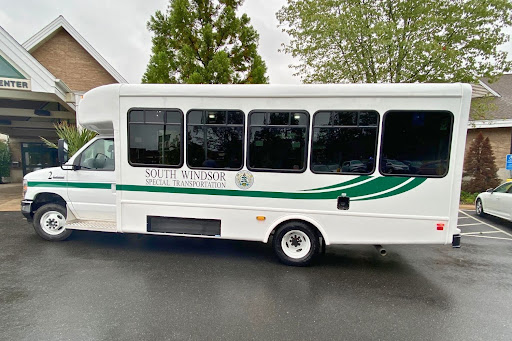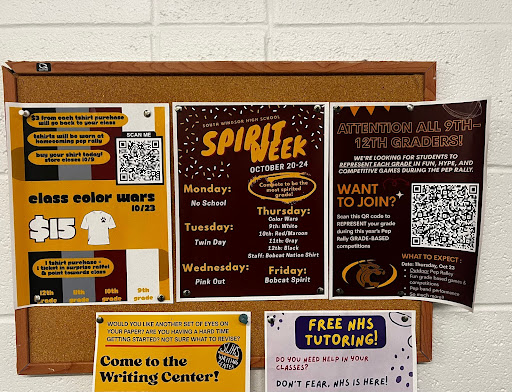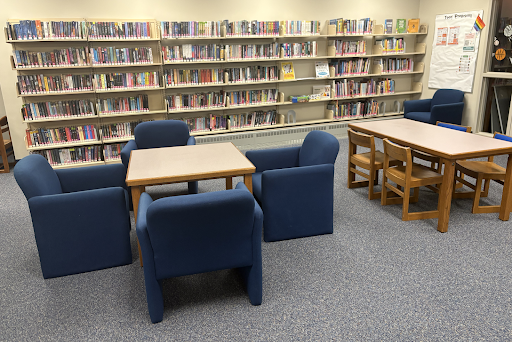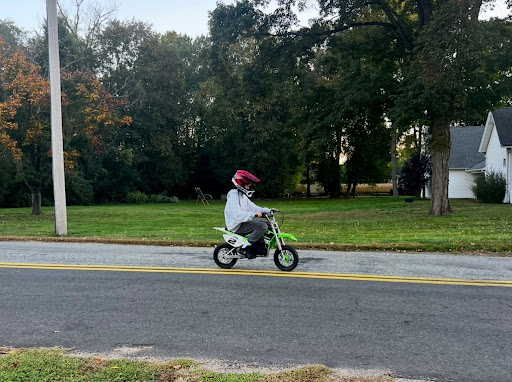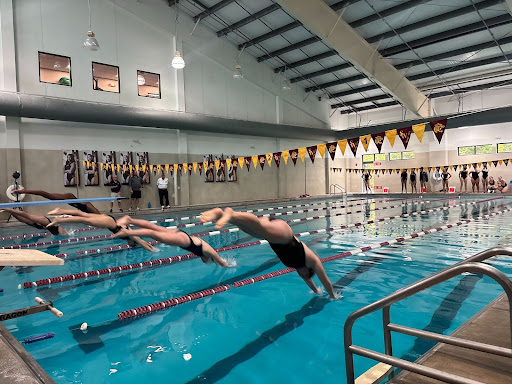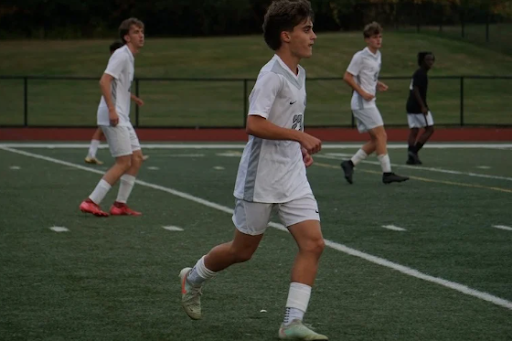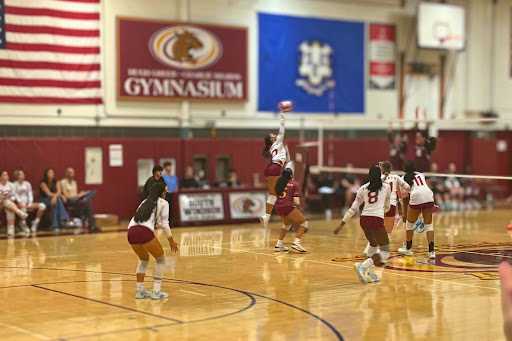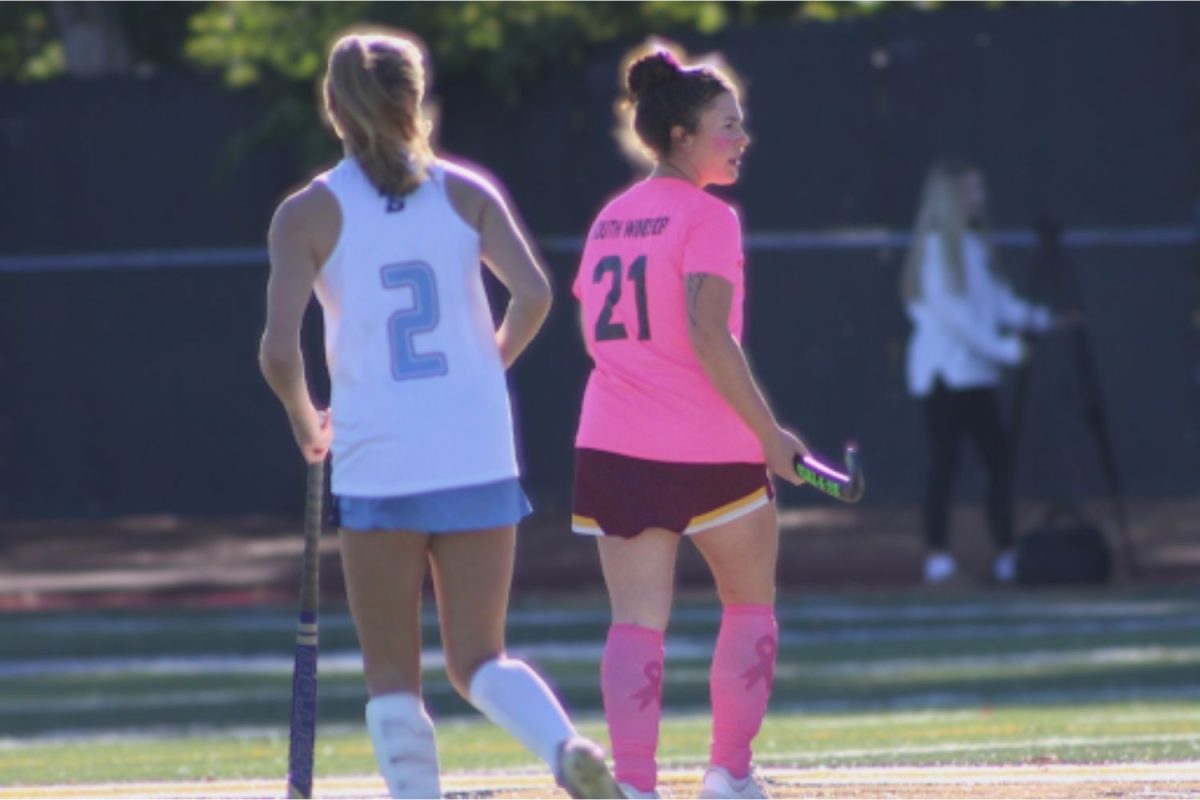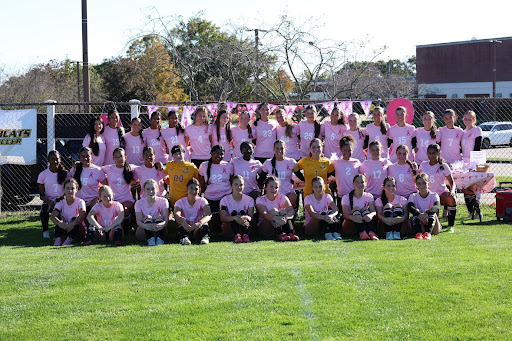What To Do When Creating Your Capstone Project
March 1, 2020
As the 2019-2020 school year comes to a close, the incoming seniors should begin to prepare for Capstone. For those who don’t know, Capstone is a long-term project where students are able to explore something impactful to themselves or to the community. There are three different types of projects that a student can choose from, a self-interest, a community impact, or a job shadow project. In this article, we’ll discuss some things that rising seniors should do for Capstone, as well as some tips in order to get a highly-successful.
Let’s start off my addressing that there’s no need to be nervous for Capstone. It may seem like a lot, but try to space out each step so that the workload doesn’t crush you the night before your presentation. The first part of your Capstone is to pick your advisor. When picking an advisor, try to pick a teacher who knows you and who you trust or at least like. It’ll make communication much easier throughout the whole process and they may be more able to help forward your project if they are aware of how you prefer to work and what you are most interested in. When you know who you want your advisor to be, ask fast! Spots that advisors have for students are limited, so if you want one specific teacher ask them fast and secure a spot. If you are unsure of whom you may want as an advisor, a list of teachers goes out in the beginning of the first quarter, so make sure to look at that!
Once you have an advisor, it’s time to start thinking of what you would like to actually do for your project. Of course if you already have something in mind beforehand, that’s great! At this stage, try to map it out more thoroughly so you understand exactly what you want to do, and so your advisor can understand too. If you are unsure of where to even start to think of a project idea, examine some things that you are really passionate about, or possibly, what future career you are looking to go into. To provide an example, say you were looking to go into the veterinary field. Some possible project ideas could be to job shadow a veterinarian, or hold a campaign to bring awareness/funds to veterinary clinics, or you could try to set up an adoption day with a local animal shelter. As most students say, doing a project about something you are actually passionate about not only makes the project easier, but can also make it fun.
After you have your project idea, the next step is to begin your written work and actual project. The best advice I could give to performing your actual project idea, since everyone’s project structure is different, is to make sure you are organized, and aren’t trying to do it to get it over with. Your Capstone is incredibly important to your high school career, especially since you need it to graduate, and it’s not something that should be rushed and careless. For the written work, there are specific guidelines mapped out on the Capstone website that juniors will receive later, but the great thing about it is that it lists out exactly what you should have on each part. Most importantly, make sure that you get each piece in on time, and again, don’t be careless with your writing, understand what you are writing down and follow through!
Since at this point most seniors have already completed their Capstone projects, don’t be afraid to ask somewhat they did and (if they did well) how they did well. Senior, Elizabeth Poulin, offers some advice saying, “Don’t stress about it, it’s easier than you think.” Other seniors have some great advice too so don’t be afraid to ask, I promise we aren’t as scary as we seem.
To all incoming seniors and the incoming seniors after that, good luck! For more information or for some inspiration from what some current seniors did for their Capstones, check out the features section above!


